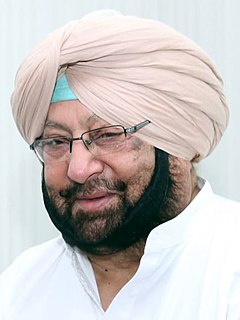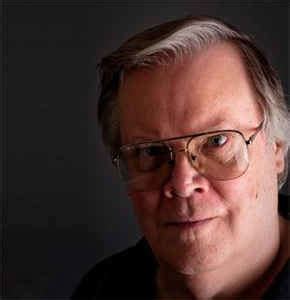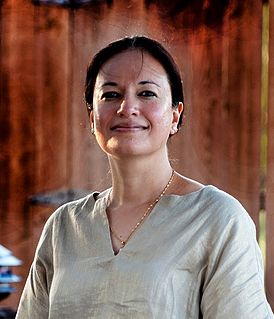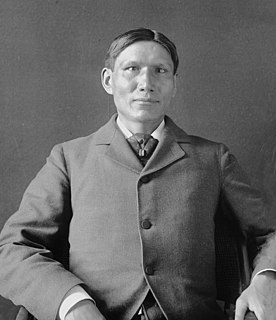A Quote by Atal Bihari Vajpayee
Who can forget that in critical times of war in 1962, 1965 and 1971, Naga underground organisations did not fire on the Indian Army? They showed restraint.
Related Quotes
In the era of Khruschev the Soviet Union had publicly declared itself a supporter of the Indian stand on Kashmir. In 1962 a Russian veto had defeated a Security Council resolution on the plebiscite issue. By 1965, and after the fall of the Kruschev regime, Russian attitudes were significantly modified.
1962 to 1965, where suddenly the guitar became this icon of youth culture all over the world, thanks mostly to the Beatles. Add to that, that I saw A Hard Day's Night 12 or 13 times, and that the guitar was the one instrument that my parents absolutely refused to let in the house. So you add it up and see that irresistible forces led me to the guitar.
That was a pretty fine Army that we had in 1965. By 1973, it was in tatters. It was a disgrace to the country and to itself, to its own heritage, really. So it's, you know, the Army belongs to all 307 million of us. It is our common possession, it's our common heritage. As goes the Army, so goes the republic.









































